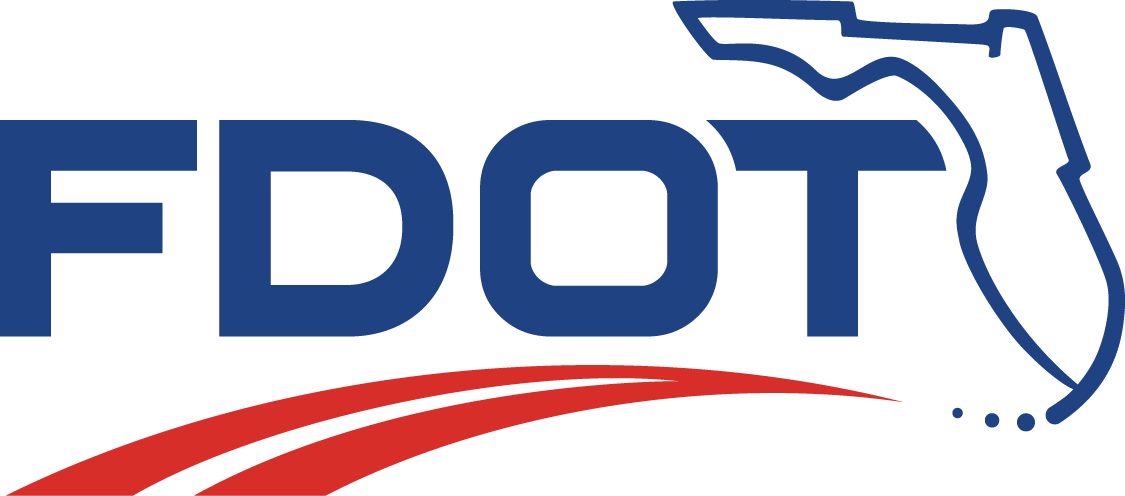SEP-15
Special Experimental Projects - number 15 (SEP-15)
Background: For some time, the Federal Highway Administration (FHWA) has conducted tests in the area of contracting practices under Special Experimental Project No. 14 (SEP–14). The FHWA has also encouraged innovations in the area
of transportation financing. This initiative was launched with the introduction of an experimental ‘‘Test and Evaluation’’ program, designated as TE–045, to solicit ideas from the States on a range of new financial strategies
designed to stretch limited transportation dollars by creating new, more flexible ways to leverage Federal aid highway funds.
More recently, an increasing number of States and private ventures have explored public-private partnerships. Because these projects involve elements of project planning, development, environmental analysis, construction, maintenance, operation, and financing,
they extend well beyond innovative contracting practices contemplated by SEP–14 and the financing tools encompassed by TE–045.
Some recent SEP–14 applications have sought to incorporate initiatives that go beyond innovative
contracting, to include environmental compliance, right of way acquisition, and financing. These applications have been difficult to fit within the limits of SEP–14. Thus, rather than continue to manage these new proposals under the SEP–14
umbrella, FHWA is initiating a new Special Experimental Project No. 15 (SEP–15).
Currently: The Federal Highway Administration (FHWA) has established a new Special Experimental Project (SEP–15) to encourage tests and experimentation in the entire development process for transportation projects. The objective of SEP–15 is to identify for trial evaluation and documentation public-private partnership approaches that advance the efficient delivery of transportation projects while protecting the environment and the taxpayers. SEP–15 addresses four major components of project delivery:
Contracting,
Compliance with FHWA's National Environmental Policy Act (NEPA) process and other environmental requirements,
Right of way acquisition,
and project finance.
Elements of the transportation planning process may be involved as well.
A key element of SEP–15 will be to identify impediments in current laws, regulations, and practices to the greater use of public-private partnerships and private investment in transportation improvements and to develop procedures and approaches
that address these impediments. Note: SEP–15 projects cannot be used to modify environmental and other requirements external to title 23 of the United States Code.
State applicants under SEP–15 should provide detail of the following:
(1) The procurement methods it will use over the life of the project to encourage adequate competition.
(2) Applicants should specify any title 23, U.S.C., and FHWA regulatory requirements that may have to be waived or modified in order
to conduct a successful SEP–15 test.
(3) Applicant should be prepared to describe how it will ensure an appropriate level of public oversight and control, while also encouraging innovation and flexible, efficient procedures throughout
the life of the project.
